California’s workers’ compensation system provides several legal presumptions that greatly impact benefit entitlement; however, notwithstanding that, some claims professionals are uncertain as to what a “presumption” is. A legal presumption is defined by Black’s Law Dictionary as “a legal inference, or assumption that a fact exits. It is based on the known or proven existence or some other fact or group of facts.” In everyday language a presumption is a fact that is assumed to be true under the law.
Presumptions come into play in workers’ compensation in the context of compensability determinations. There are several laws on the books identifying a myriad of public safety officer injuries that are presumptively compensable. Most recently, on May 6, 2020, infections from the COVID-19 virus were declared to be “presumptively compensable” under most circumstances.
Interestingly, there are also legal presumptions in the workers’ compensation context that apply to employers, such as those relating to penalties and apportionment. For the claims professional the key is to understand the type of presumption that applies and their differences. There are two different types of presumption, namely, rebuttable, or conclusive.
A “rebuttable presumption” means the presumption can be challenged as it refers to a legal principle that presumes a situation to be true unless proven otherwise. If significant evidence exists disproving the presumption, then a judge can rule in favor of the party offering the challenge. Note: this is not very often achieved.
On the other hand, a “conclusive presumption” cannot be challenged as it is premised upon evidence that is so strong that logic will not allow for its disregard. Where evidence exists that logically leads to a particular conclusion, then no rebuttable evidence, no matter how strong or convincing, is allowed.
To assist you in your understanding, we offer the following list of the most noteworthy rebuttable and conclusive presumptions:
Rebuttable Presumptions: The compensability of claims made by public safety officers for injuries and illness as defined under Sections 3212 to 3212.85, inclusive, and 3212.9 to 3213.2, inclusive (includes cancer, hernia, COVID, etc.).
Conclusive Presumption: In a death claim: the dependency of minor and/or incompetent children and/or a spouse earning less than $30,000 in the year preceding death (per LC 3501); Penalties: LC 5814(c) resolving all penalty issues whether filed or not, upon issuance of a C&R, award or approved stipulations, unless specifically reserved; and Apportionment: LC 4664(b) granting apportionment for an injured body part where a permanent disability award was previously granted as to that same body part; LC 4662(a) identifying four types of permanent disabilities presumed to be total in character.

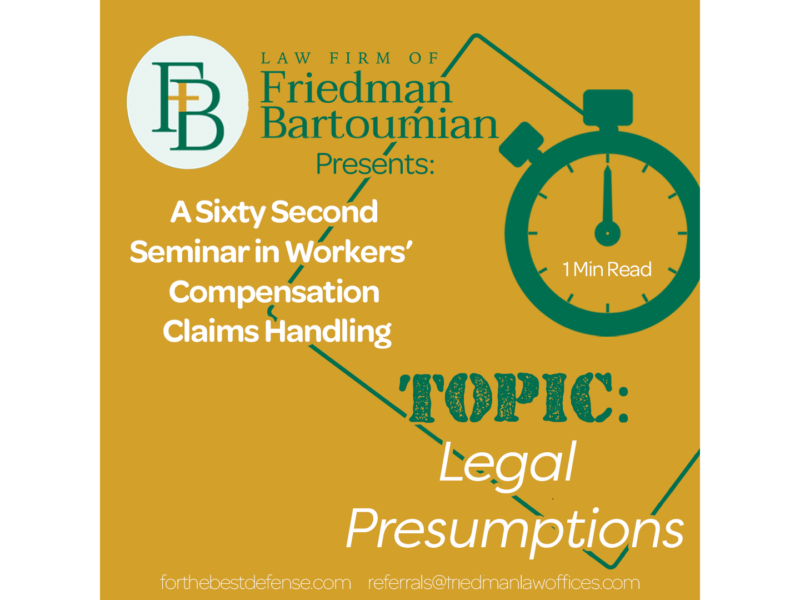

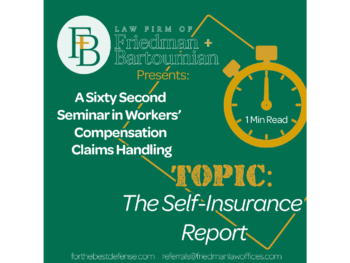
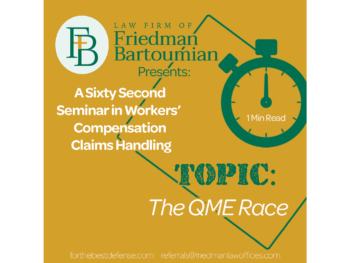
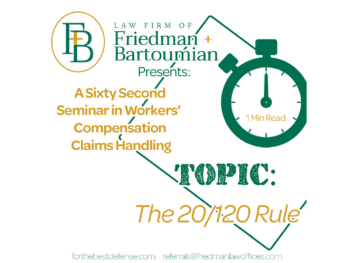
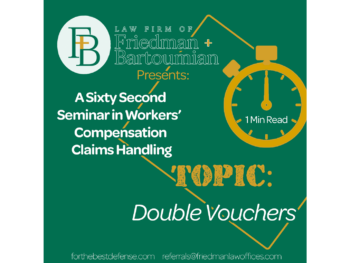
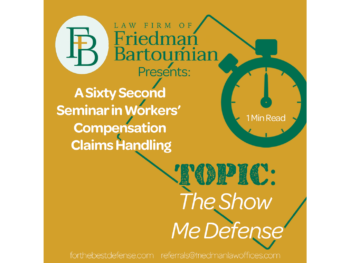
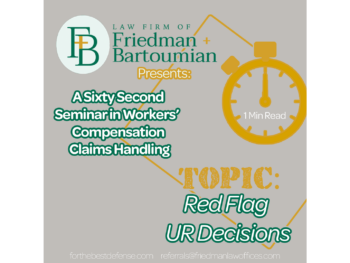
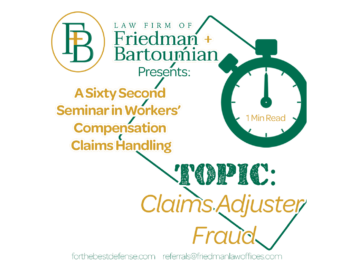
 True Claim Stories: A Sixty-Second Seminar in Workers’ Compensation Claims Handling
True Claim Stories: A Sixty-Second Seminar in Workers’ Compensation Claims Handling
Leave a Reply